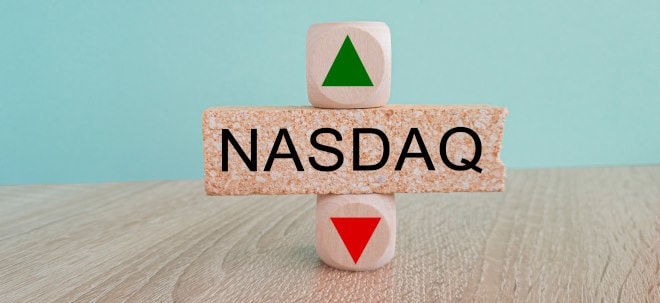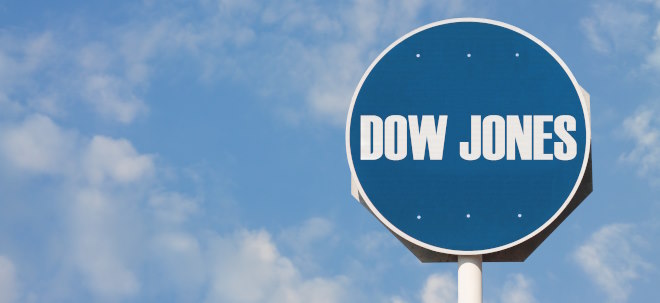http://news.bbc.co.uk/2/hi/business/8519807.stm
Falkland Islands: Oil boom or no oil boom?
By Robert Plummer
Business reporter, BBC News
Anticipation of a big oil find off the coast of the Falkland Islands is once again reaching fever pitch.
The Ocean Guardian rig will explore reserves in the Falklands
A drilling rig from the Scottish Highlands, the Ocean Guardian, is being towed by tug to the North Falkland Basin, widely considered the most promising of the four areas licensed for exploration.
In the UK, investment tipsters are lining up to recommend buying shares in the companies that own those licences.
Strangely enough, though, those shares are not enjoying any notable bounce at present - probably because of the reaction from Buenos Aires.
The Argentine government has imposed new restrictions on all ships heading to the Falklands, in a move that revives memories of the war it fought with Britain over the islands in 1982.
Argentina is clearly furious at the prospect of being excluded from an oil boom in a territory over which it still claims sovereignty.
After trying to raid the central bank's reserves to service its debts, President Cristina Fernandez de Kirchner's cash-strapped government is desperate for funding.
For their part, some of the key oil explorers are keeping tight-lipped as they wait to see what the diplomatic fallout will be.
Desire Petroleum, one of the firms that has contracted the Ocean Guardian rig, told the BBC it would be making no comment until the start of drilling next week and referred all inquiries to the British Foreign Office.
Reliable sources?
But at this stage, any Falklands oil boom remains strictly hypothetical. After all, no-one has yet proved that any commercially viable oil field exists there.
Not that you would know that from the oil explorers themselves. Desire Petroleum's website talks of "excellent oil source rock" and "significant gas potential" in the six licence areas it holds.
The only previous drilling off the Falklands was in 1998
It estimates a "potential" - that word again - 3.5 billion barrels of oil and nine trillion cubic feet of natural gas down there, ready to be extracted.
Desire is also co-operating with another firm, Rockhopper Exploration, which has "farmed in" to two of Desire's licences while operating four more of its own, all in the North Falkland Basin. Both firms plan to drill a number of wells using the Ocean Guardian.
Rockhopper reckons that 4.3 billion barrels of oil lie in its licence areas, two of which were previously held by Royal Dutch Shell.
Four other firms are in the game, including Falkland Oil and Gas (FOG), which has brought in mining giant BHP Billiton as a partner.
FOG believes its top four prospects alone could yield eight billion barrels, with tens of billions more lurking elsewhere in its licence areas.
It, too, plans to use the Ocean Guardian rig to drill what will be the first well in the East Falklands Basin, also known as the Falklands Plateau.
Second time round
You might be thinking that this is beginning to amount to an awful lot of oil - or potential oil, at least.
You might also be wondering why Shell decided to pull out of such a lucrative earner.
Well, the answer goes back to the only previous attempt to drill for oil in the area, back in 1998.
Six test wells were drilled in the North Falkland Basin, and five of them showed encouraging results. However, it was not clear whether there was enough oil there to make further investment worthwhile and Shell decided to call a halt.
However, there is one big difference between then and now. In 1998, oil prices fell to little more than $10 a barrel. Nowadays, they are above $75 a barrel.
That means there is plenty of oil still in the ground worldwide that would have been too expensive to extract in 1998, but is perfectly profitable now.
That is certainly the case for much of the oil that might be found in the Falklands' territorial waters, since many of the potential locations are deep under the sea and hard to reach.
In the North Falkland Basin, the waters are relatively shallow, giving a drilling depth of 1,500ft (500m) or less.
But in the eastern and southern basins, the drilling depths are likely to be up to 9,000ft.
This is not as deep as Brazil's big discovery of recent years, the Tupi oil field off the coast of Rio de Janeiro.
But Brazil's state oil firm Petrobras has hard-won experience of deep-sea oil drilling over decades, whereas Falkland Oil and Gas was not formed until 2004.
Sovereignty stand-off
An oil bonanza would clearly make a big difference to the lives of the 3,000-odd inhabitants of the Falklands, whose livelihood currently depends on fishing licences, cruise ship visits and sheep-farming.
But the Argentine government is also acutely aware of what a difference those oil revenues could make to its finances.
Brazil is using semi-submersible platforms to pursue deep-water oil
Argentina has $13bn of international debt that matures this year, and a hole in its budget of between $2bn and $7bn.
However, it was Argentina that unilaterally decided in 2007 to scrap an agreement with the UK to share the proceeds of any oil discoveries in Falklands waters.
The decision was taken by the government of Nestor Kirchner, the predecessor and husband of the current president.
Under the Kirchners, Argentina has increased pressure on the UK to reopen talks on the sovereignty of the islands.
It's a far cry from the 1990s, when the foreign minister of the time, the late Guido di Tella, launched a charm offensive aimed at winning over the hearts and minds of the islanders.
This included sending annual Christmas cards to every household, accompanied by presents such as video cassettes featuring children's character Pingu and books including the adventures of Winnie the Pooh.
Now, however, the gloves are off again - and diplomatic strife plus the lure of financial gain could prove to be a potent combination |


 Thread abonnieren
Thread abonnieren

